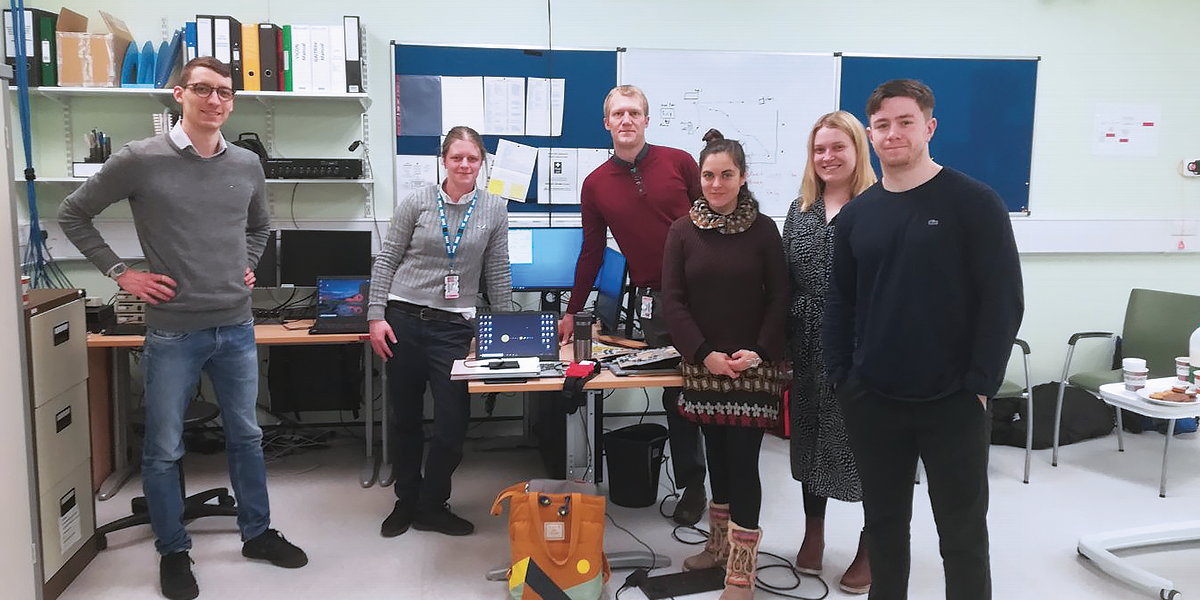We are tremendously proud to announce that the Mobilise-D Technical Validation Study has officially started recruiting subjects!
After the unprecedented times of COVID-19 lock-down that affected the entire world, we are now in a position to come back safely and restart our research in clinical settings. COVID-19 times are not over yet, and therefore we are taking all necessary precautions to prevent any potential risk for our team and study participants. This includes fewer interactions before entering the building, fever measurements, face masks being worn at all times, and thorough cleaning of contact surfaces and equipment before and after every participant. In addition, national guidelines are checked daily to keep our participants informed about current rules and regulations.
Mobilise-D centres involved in the data collections have been given green light to go back to their laboratories to refresh and retest protocols, and test the use of tools, novel sensors and software needed for collecting the data. Everything is now well prepared, and we are delighted to be able to welcome participants to start data collection in August in Germany (Kiel and Stuttgart), United Kingdom (Newcastle and Sheffield), and in September in Israel (Tel Aviv).
We invite people with Parkinson’s disease, Multiple Sclerosis, Chronic Obstructive Pulmonary Disease, Congestive Heart Failure, Proximal Femoral Fracture and healthy adults to participate in the technical validation study to contribute with crucial information about their mobility. To quantify their gait and walking behaviour, participants will be assessed wearing sensors in the laboratory under scripted and semi-controlled protocols, and in their real-world daily life.

The technical validation study will identify the best algorithms to quantify real-world walking speed and other relevant characteristics to describe the way we walk using a variety of advanced technology. The best algorithms will be selected and tested during both simulated daily-life activities in the human movement analysis Laboratory and in real-world conditions for validation purposes. During the in-lab sessions, reference data will be collected and analysed using a multi-camera optoelectronic stereo-photogrammetric system and relevant algorithms. During real-life conditions, a custom multi-sensor system (INDIP) that integrates pressure insoles, multiple magneto-inertial measurement units and time-of-flight infrared distance sensors, and relevant algorithms will be used as reference. To allow for inter-system comparison, an integrated measurement framework was implemented for acquiring fully synchronized and structured data from different devices.
We are truly grateful for the vital role that ERT have played in facilitating capture of electronic clinical outcome assessment data in the study. Being able to use their electronic data capture platform like this provides us with a user friendly way to ensure that we have high quality of data capture in the clinical/laboratory setting.
Finally, we want to thank the entire Mobilise-D team for their fantastic work so far to reach this important milestone, and wish them all the best for the technical validation study.






